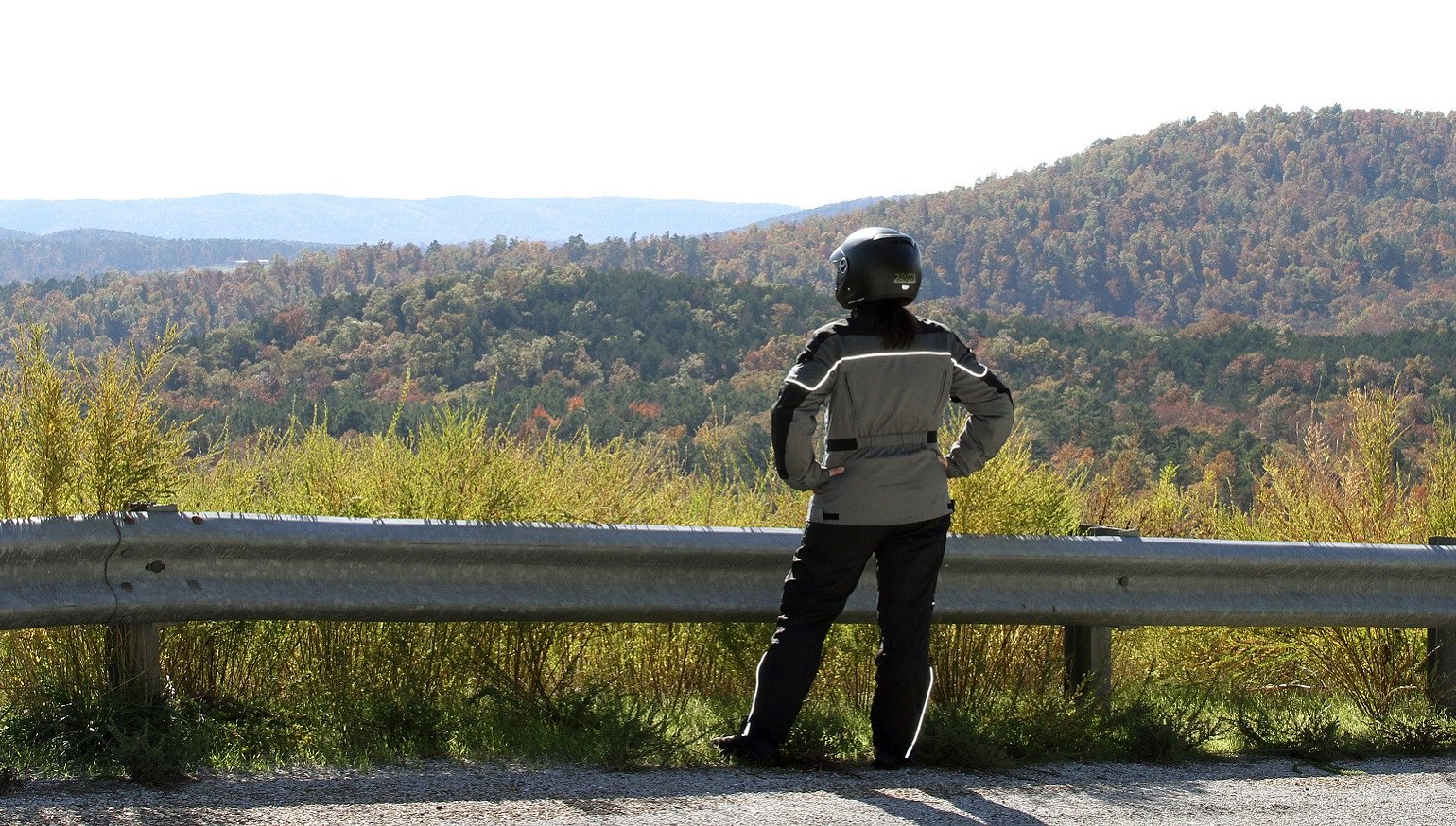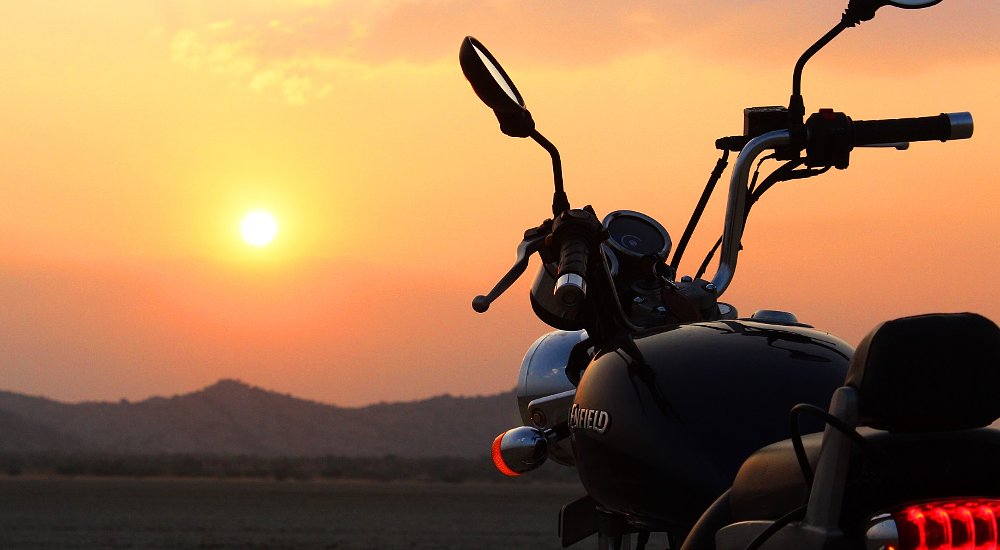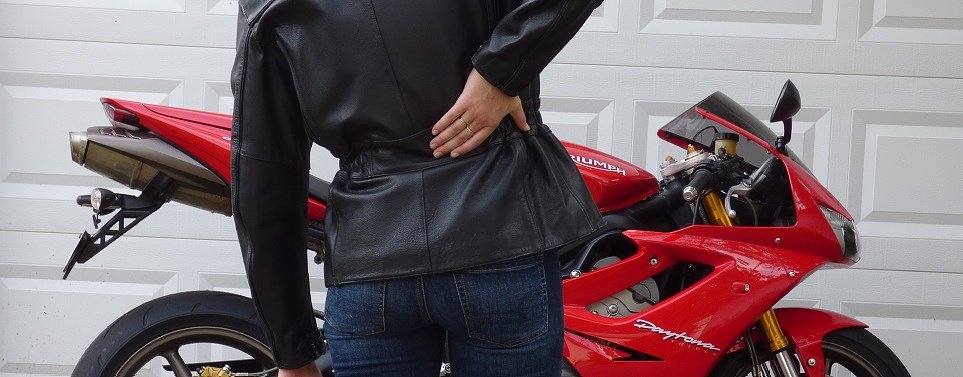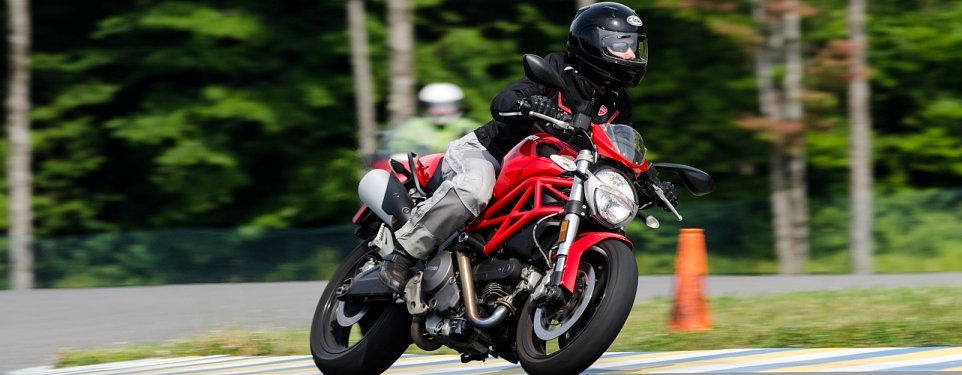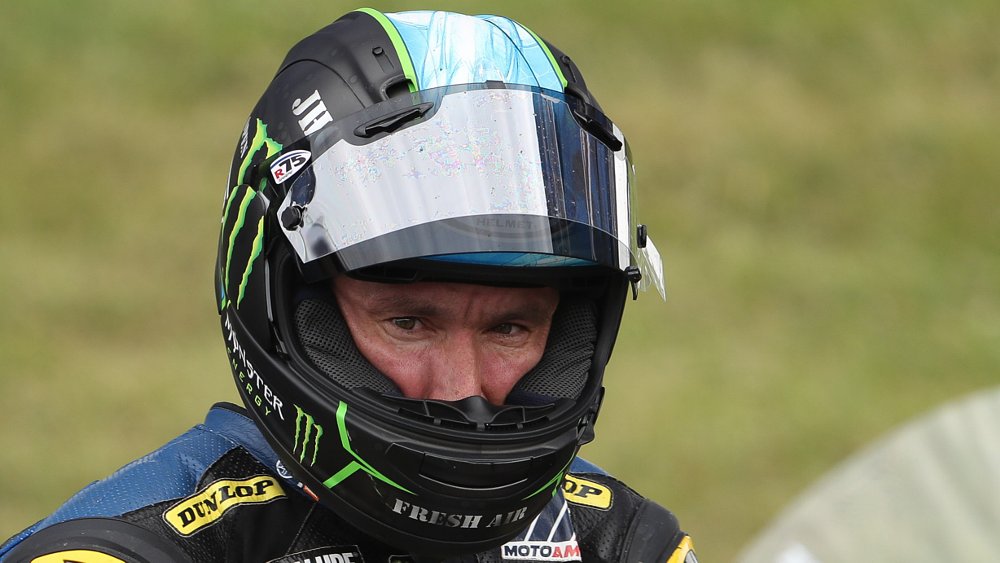For motorcyclists of a certain age, it’s the Big Question: With advancing age, how do you know when to stop riding?
We all know the standard litany of reasons: diminished motor skills, slowing reaction times, failing eyesight, lack of confidence… Fear. Insurance, registration, maintenance… Wife, marriage… Golf?
But knowing the "why" doesn’t necessarily lead directly to the final "when," and that’s the bug in the biscuit. Each of us will have our own reasons, but we all want to make that decision with firm conviction, and at Just the Right Time.
Giving up a beloved activity is tough in any case, even if you have the good fortune of being able to make the choice yourself. In my case, after 60 years in the saddle I enjoy it every bit as much as I did at the beginning. And I'm not that much slower, tell the truth, given the fact that I wasn't all that fast back then. But I did get in my share of scrambles, motocross, enduros, and a bit of road racing. And logged a decade as a riding coach on California racing circuits. Those skills stick with you.
While there’s some truth in the familiar saying "You don’t stop riding because you get old, you get old because you stop riding," fact is you get old either way. Of course riding is most surely the best way to keep those key senses honed, and to feed that muscle memory and neurotransmitters the energy they need to function properly. And don't it make you feel good in the bargain?
Still, the question of "when" looms on the horizon. When you start tipping over in the driveway and can’t pick up the bike? When your wife threatens not to take you to the hospital? When your senior village compound prohibits motorcycles?
The question is one Common Tread has addressed before from a doctor's perspective, but I decided to get some firsthand testimony from riders who are currently dealing with that difficult decision.
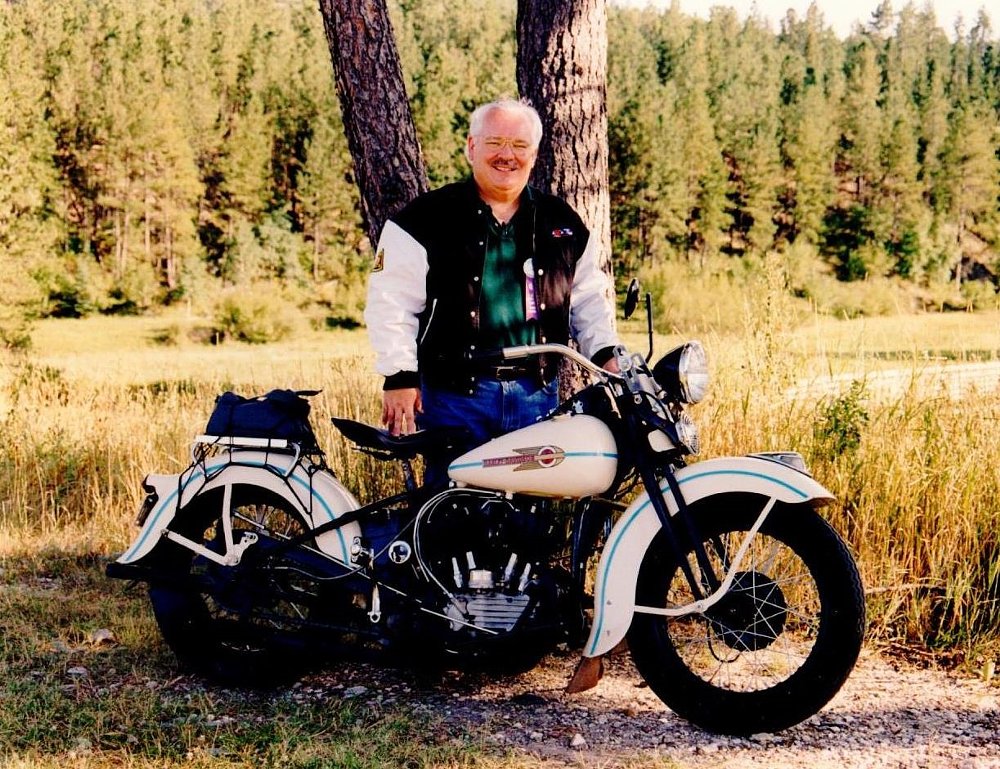
Former AMA President Ed Youngblood, 77, hung up his helmet recently. "I had a fellow purchase and ride off on my 2013 BMW F800GT," he said, "and for the first time in 50 years my garage is motorcycleless. Though I have no major health problems — spoken with gratitude — I had begun to notice age-related declines in strength, stamina, reflexes, and especially confidence in traffic. I tried to blame my problems on the motorcycle. Too much weight, poor handling, blah blah blah. After going through three radically different bikes in three years, I finally caught on that it was not the bike. It was me."
Ed found that riding made him more anxious than joyful while doing it and exhausted afterwards. With a 55-year riding career that included just one hard spill on the road and no serious injuries, he decided it was time to walk away.
"I figured it was better to look back on this history with gratitude and satisfaction rather than continue to try to prove something to myself and possibly really hurt myself and others," he said. "Things change and we move on. It is better to live in the present and not wish we could be what we used to be. But I still don’t like that vacant spot in the garage."
Clement Salvadori, 81, a global rider, road scholar, and until recently a regular columnist for Rider magazine over the past 30 years, still rides daily, weather permitting.
"I haven’t given it much thought," he said. "I suppose that when parts of my body begin to fail, I'll think about it."
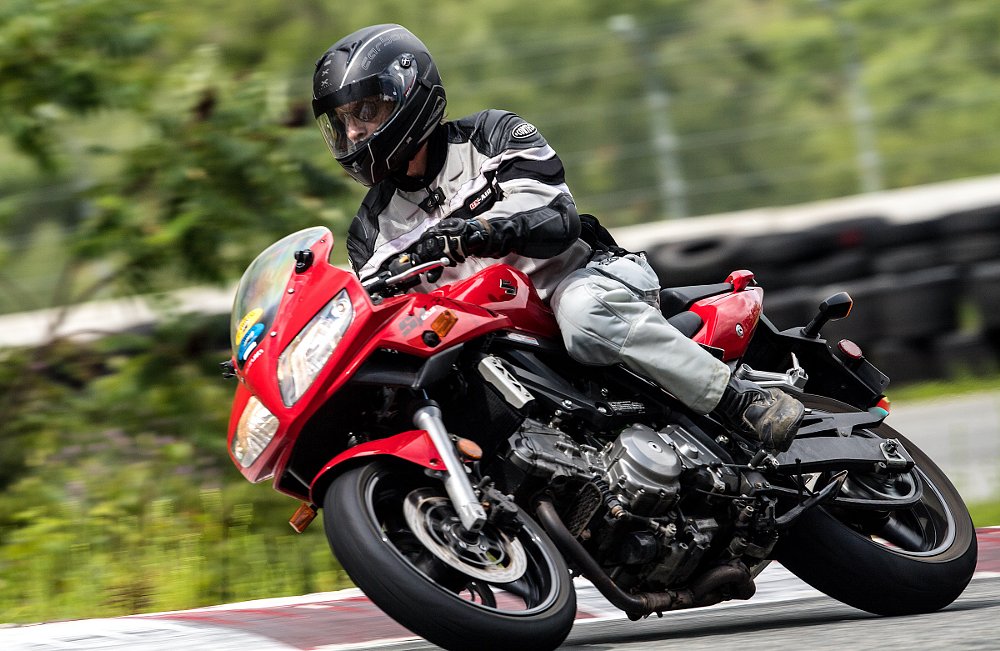
Bill Dutcher, 80, former Harley-Davidson PR chief and founder of the Americade Rally, is still on two wheels.
"I still get that thrill," he said. "It’s that feeling of flying. It always puts a smile on my face. I think we're all born with the need to move. A few years ago I took up skiing, and it's the same feeling."
And there’s Bob Hicks, former publisher of Trail Rider and Cycle Sport magazines.
"I just quit a year ago at 90," he said. "I liked it way too much, gassing it on dirt roads with younger — 70-something — guys and was surely going to live up to Dick Bettencourt's warning of long ago, 'I still know what to do but may not do it soon enough.' After 72 years, it was time to stop while I'm still ahead."
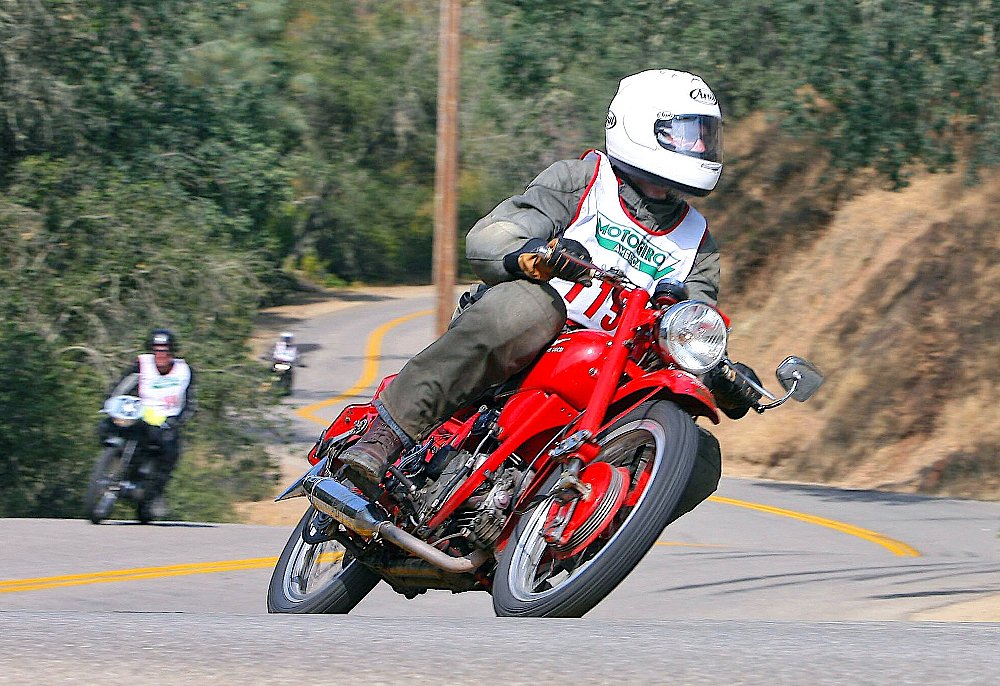
"Riding keeps one young," says Dave Roper, 73, winner of numerous vintage road racing championships. "I have to work on keeping my neck mobile to look back for changing lanes, and I guess I don't have the endurance that I once had, but I still feel confident in my riding. My advice for riding while aging is don't stop."
Since we all age at different rates, there's no one-size-fits-all answer to this question, and that's obvious from the diverse responses of these experienced motorcyclists. Studies have shown that older riders returning to the sport comprise a substantial portion of the accident statistics. Unfortunately, many of those riders felt no need for a refresher course or riding school before returning to the road. The notion that, "Ah, I got this," too often leads to the reality of "Well, I thought I had it."
What it comes down to, I think, is how we answer that one question that applies to everything in life — jobs, relationships, projects, etc. "Is it more trouble than it's worth?" Knowing how and when to answer that question honestly is key. While the road may go on forever, we know the party eventually ends. And we also know, since the medical evidence is clear, that to enjoy it as long as possible requires a healthy diet and the regular application of physical exercise. Which are also proven to sustain brain function.
The struggle against the odds reminds me of the recent PBS documentary on Ernest Hemingway by Ken Burns. In the novel "The Old Man and the Sea," the fisherman Santiago battles the sharks attacking the marlin he has caught far from shore. By the time he reaches land the fish is nothing but a carcass. A boy asks him what happened.
"Nothing," he said. "I went out too far." There's a lesson in that.

 Membership
Membership

